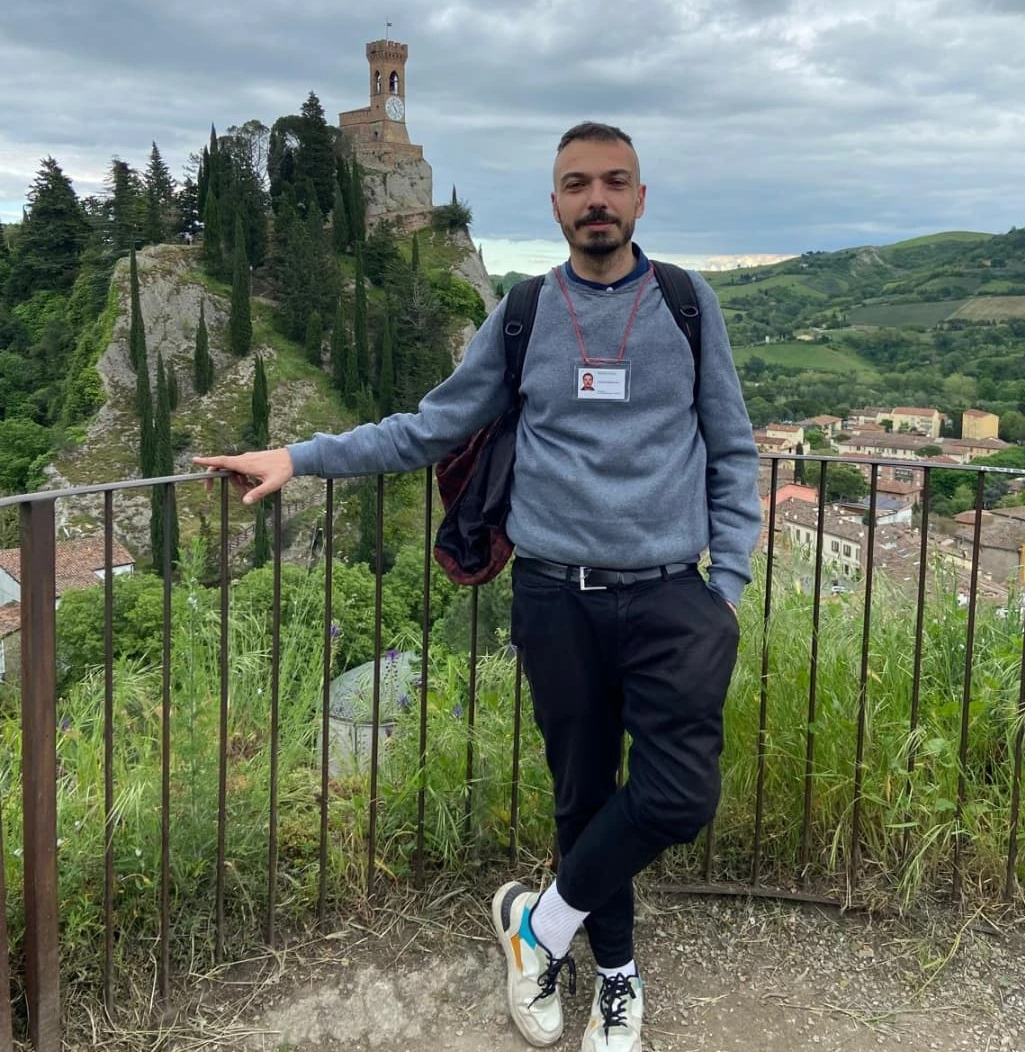Bologna LGBTIQA+ Friendly
Updated on 01 July 2025 From Jonathan Mastellari
Bologna is
also known for its long-standing tradition of openness to diversity and support
for minority communities. As early as the 1970s, the city saw the opening of
gathering and entertainment venues where the LGBTIQA+ community could come
together.
Palazzo d'Accursio is Bologna's historic city hall. Here, Marcella Di Folco took her
seat as City Councillor in 1995, becoming the first trans woman in the world to
hold public office. In the 1970s, during her film career, she worked with
prominent directors such as Federico Fellini, Roberto Rossellini, Dino Risi,
and Alberto Sordi. In 1988, she became President of MIT – Trans Identity Movement and in 1997, Vice President of the National Observatory on Gender Identity. She pioneered the world's first self-managed health centre for
transgender people.
Just behind
the main entrance to Palazzo d’Accursio, along the outer wall, stands the
Waldensian Evangelical Church (Via Venezian 1), home to Komos, Bologna's LGBTIQA+ choir.
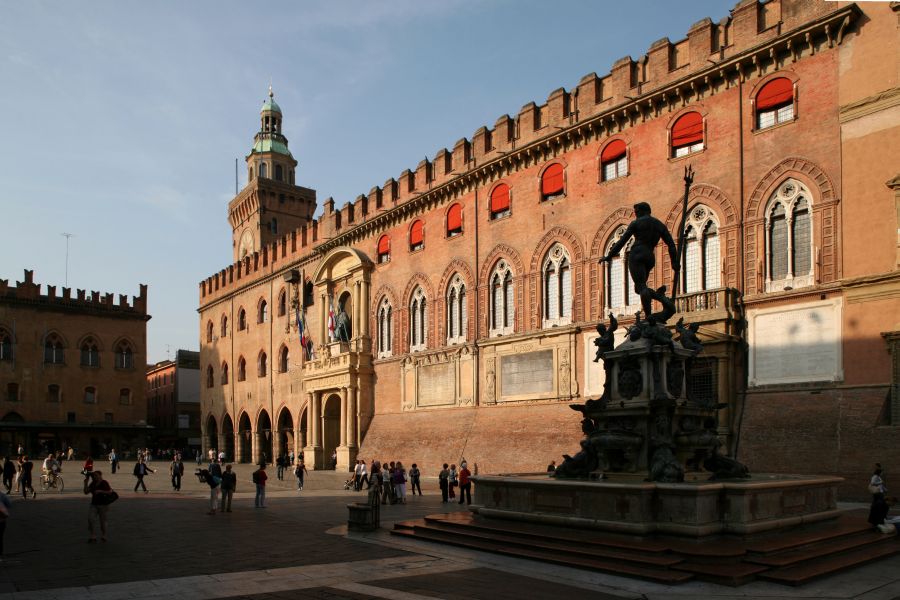
This is
Bologna’s only bookstore entirely dedicated to LGBTQI culture. It is named
after the friendly dog of the two owners, who warmly welcomes visitors at the
entrance. The store frequently hosts book presentations and discussions focused
on LGBTIQA+ topics. Founded in 1975 as a foreign book distributor, it can
source titles from around the world upon request.
Pier Paolo
Pasolini, the renowned Italian director and intellectual, was born in 1922 at
Via Borgonuovo 4. He remains a key figure in the emergence and representation
of Italian homosexual identity. Pasolini spent his formative years in Bologna,
attending Liceo Galvani and later graduating in Literature from the University
of Bologna. In 1955, he co-founded the literary magazine Officina with
Francesco Leonetti and Roberto Roversi. Today, the Pier Paolo Pasolini Study Centre and Archive is housed in the Renzi Library at the Cineteca di
Bologna, preserving documents, magazines, over 1.000 audiovisual materials,
photographs, and recordings.
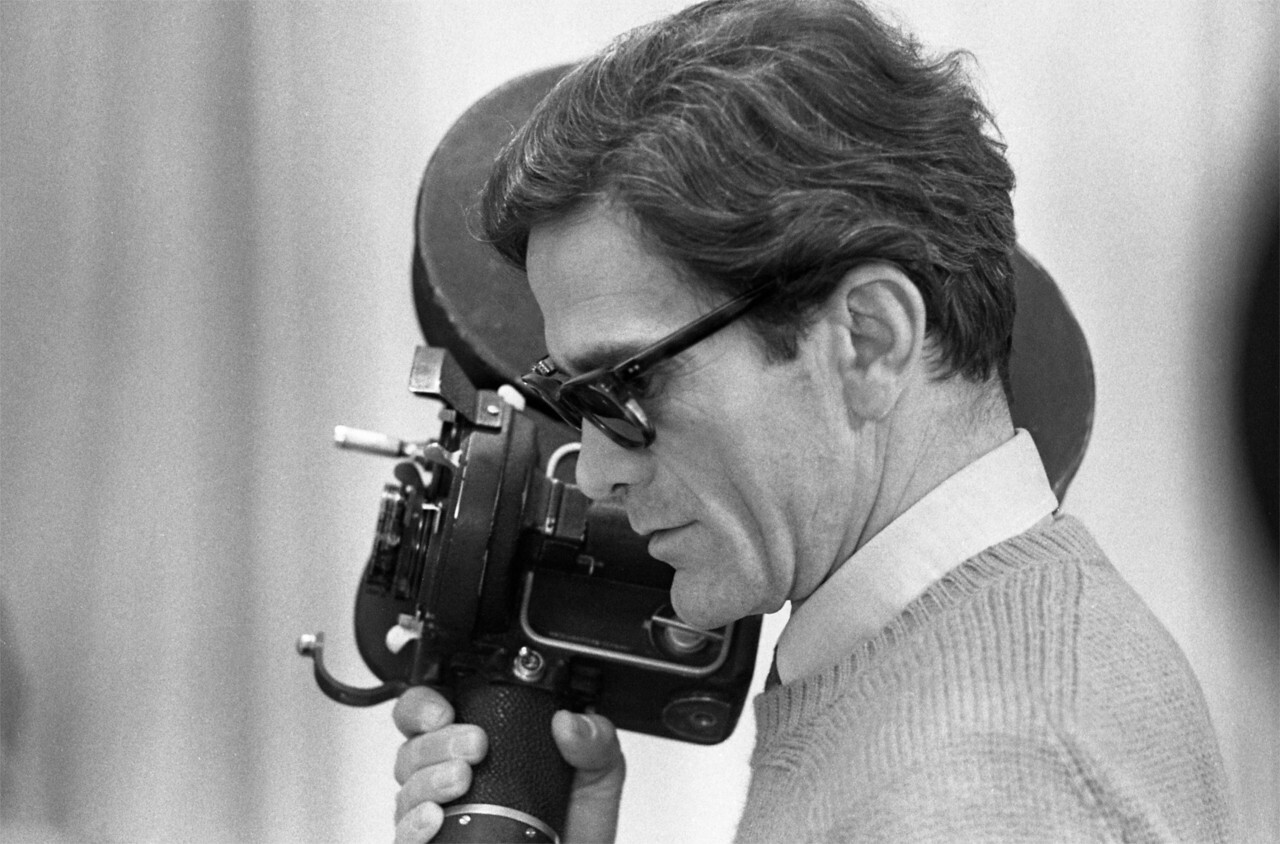
Over the
years, various forms of activism have emerged in this area, led by young
members of feminist, lesbian, gay, trans, and queer collectives, often tied to
university environments. At Via Zamboni 1 stood the Kinky Club (now
closed), a historical LGBTQI meeting and entertainment venue.
In the
1970s, it was among the first clubs in the city to welcome LGBTQI people
without prejudice, at a time when few Italian cities had openly gay-friendly
venues.
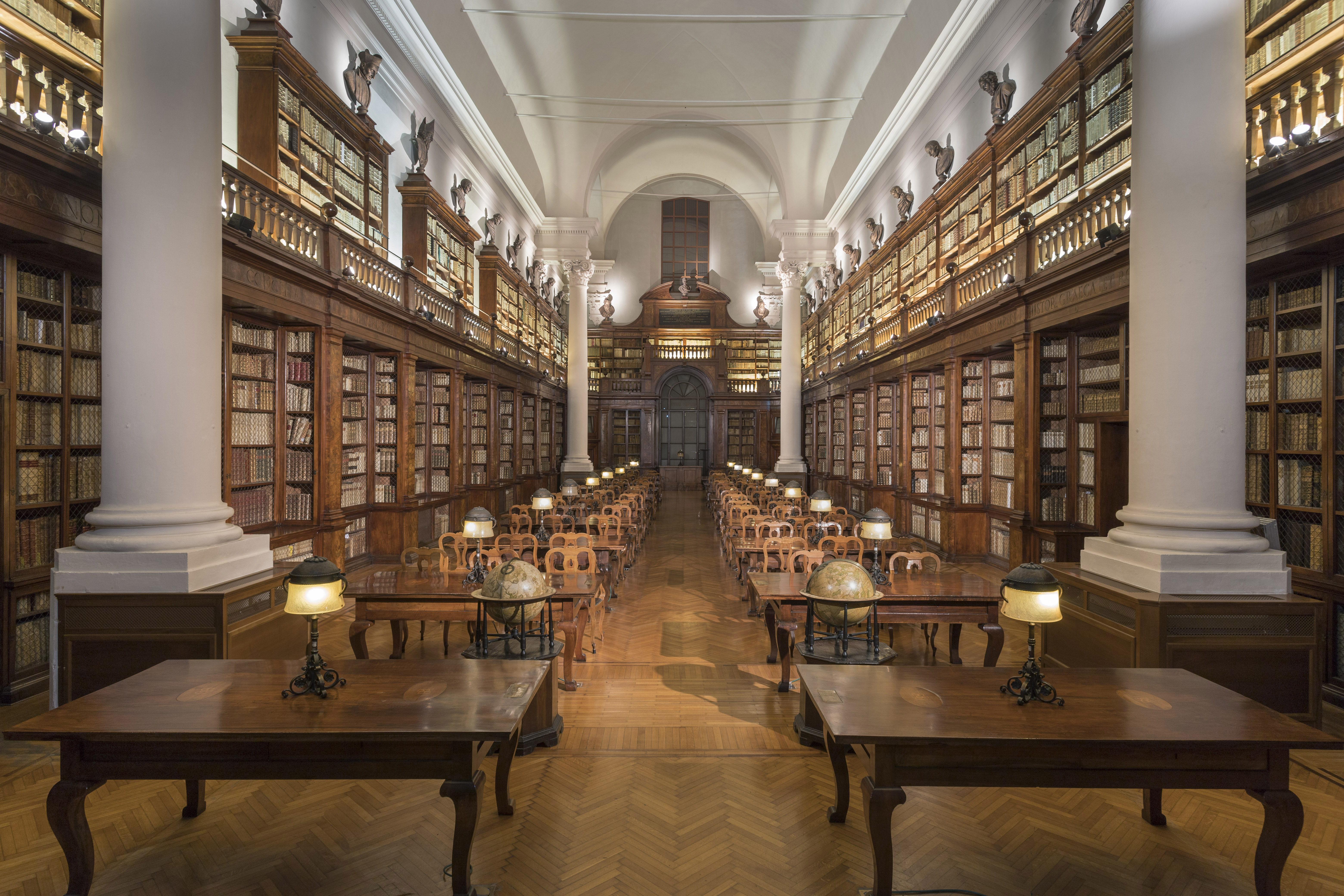
Founded in
1982, MIT is a social promotion association advocating for the rights of
transgender and non-binary individuals. Active at both national and European
levels, MIT fights gender identity discrimination, offers dedicated services,
and promotes cultural initiatives. Its headquarters is located at Via Polese
22, on the site of the former Paquito, a historic cruising bar and one
of the first of its kind in Italy.
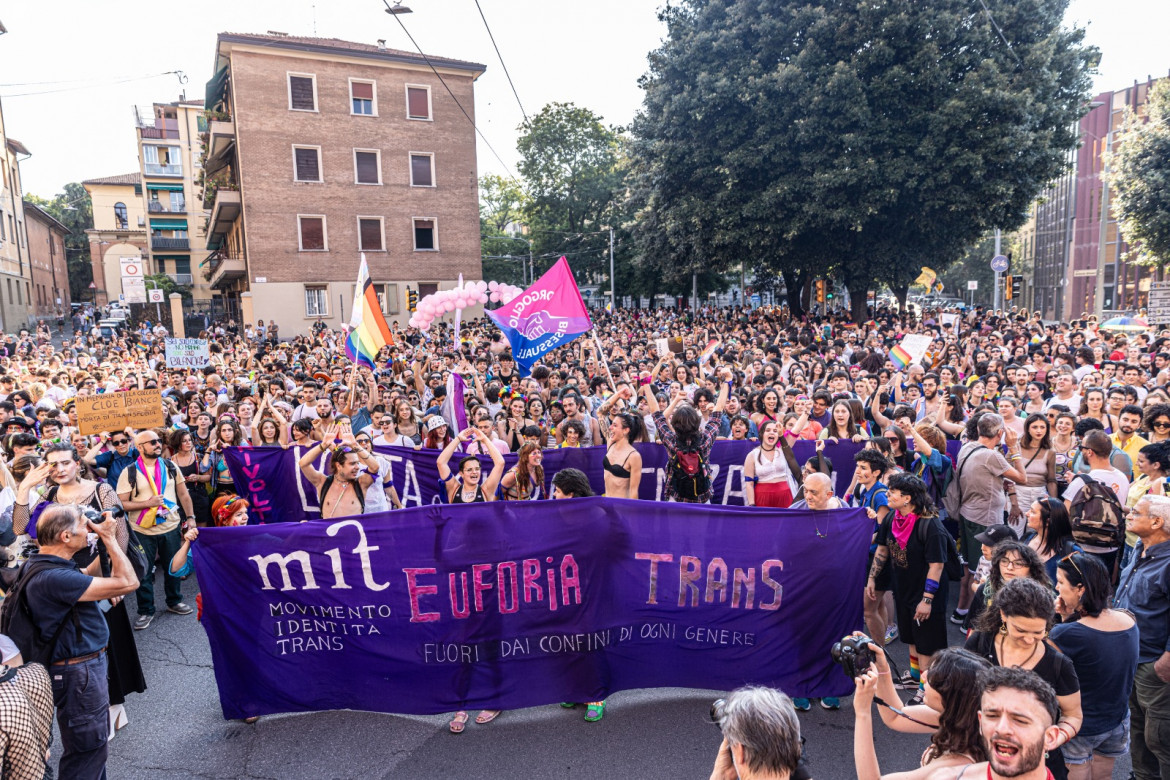
Inaugurated
in 2012, these gardens near Bologna's medieval walls are named after Stefano
Casagrande, a well-known gay artist and activist, co-founder of Il Cassero
and creator of The Italian Miss Alternative in 1994 – a charity event
supporting AIDS-related associations. Casagrande passed away from AIDS in 2000
at the age of 39.

Opened in
2015, this was the first community-based checkpoint in Italy dedicated to the
queer community. It offers health screenings, sexual health testing, and
information. The space operates with a “peer” approach – it is managed by
people who identify as LGBTIQA+ and/or are living with HIV.
It is run
by PLUS – HIV+ LGBT People Association, the first Italian organisation
focused on LGBTIQA+ individuals living with HIV.
Once a salt
warehouse, La Salara is located in the Manifattura delle Arti district,
near the Cineteca, MAMbo, and several university departments.
It now houses:
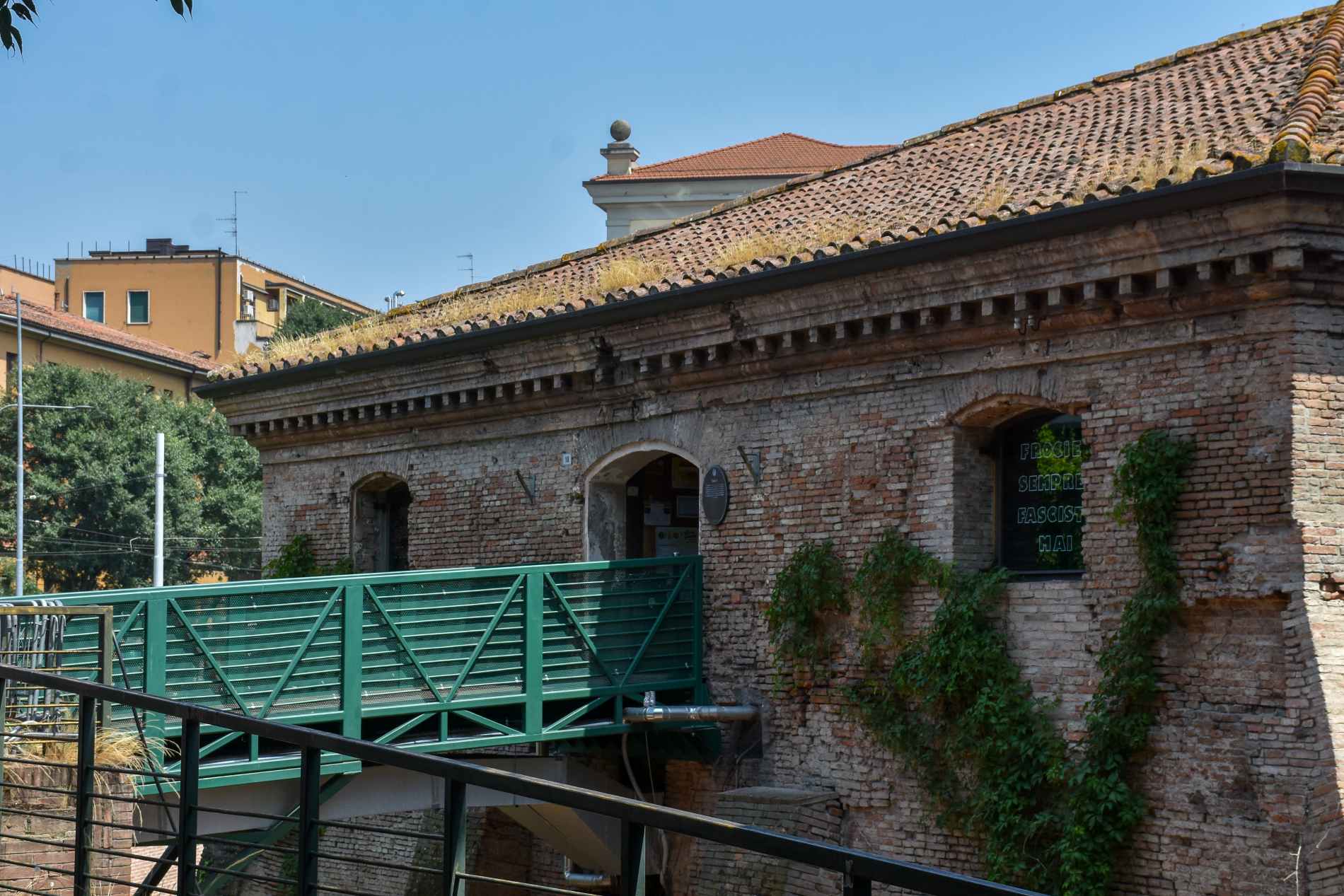
Porta
Saragozza represents a key landmark in the city’s queer history. In 1982, the 28
June Homosexual Culture Circle, one of Bologna’s earliest queer
collectives, was controversially granted the space. The group remained there
until 2002. Today, the space is home to the Museum of the Blessed Virgin ofSan Luca.
Bologna was
also the first city in Italy to publicly commemorate the Nazi-Fascist
persecution of homosexuals. Nearby in the Villa Cassarini Gardens, a
pink marble triangle designed by architect Corrado Levi honours the symbol once
forced upon homosexuals in Nazi camps. Annual commemorations are held here on
January 27 (Holocaust Memorial Day) and April 25 (Liberation Day). Facing this
memorial is Piazzale Marcella Di Folco, inaugurated in 2021 to honour
the trailblazing trans activist.
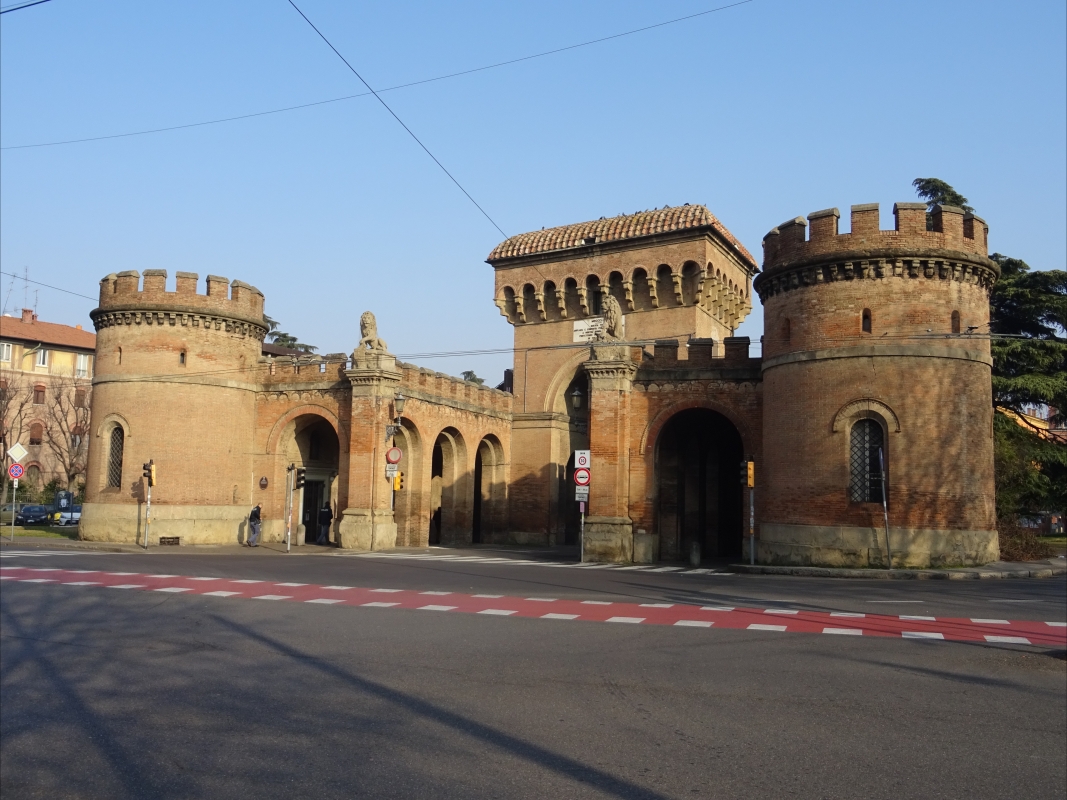
Built
between 1811 and 1816 by Count Antonio Aldini in Via dell’Osservanza 35, this
neoclassical villa commemorates Napoleon Bonaparte’s visit to the site in 1805.
Shaped like a Temple on an Acropolis, the building features a U-shaped layout,
eight Ionic columns, and symmetrical staircases. It incorporates the
12th-century Rotonda della Madonna del Monte, with remnants of 13th-century
frescoes still visible.
Villa
Aldini was the setting for outdoor scenes in Salò or the 120 Days of Sodom,
Pier Paolo Pasolini’s final and most controversial film, inspired in part by
the work of Marquis de Sade and exploring the darkest recesses of human nature
– including explicit and homoerotic content.
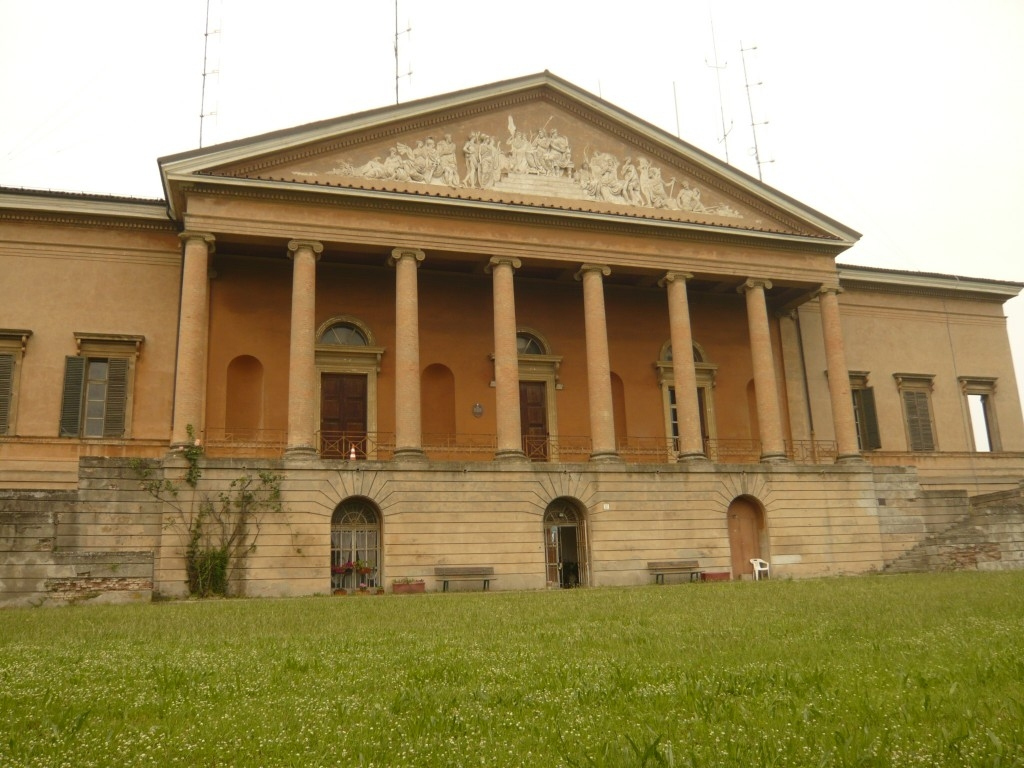
FAQs and useful info
Yes, among them is QueeringBO. Cose mai viste nei Musei Civici di Bologna, a podcast that explores historical collections with a queer perspective. Each episode offers new readings of objects and works of art, between the Middle Ages and contemporary times, telling stories of gender, identity and representation. The project is realised through the collaboration of the Settore Musei Civici with the Municipality of Bologna, Gender Bender Festival, Attitudes Spazio alle Arti APS and IAM Intersectionalities And More APS.
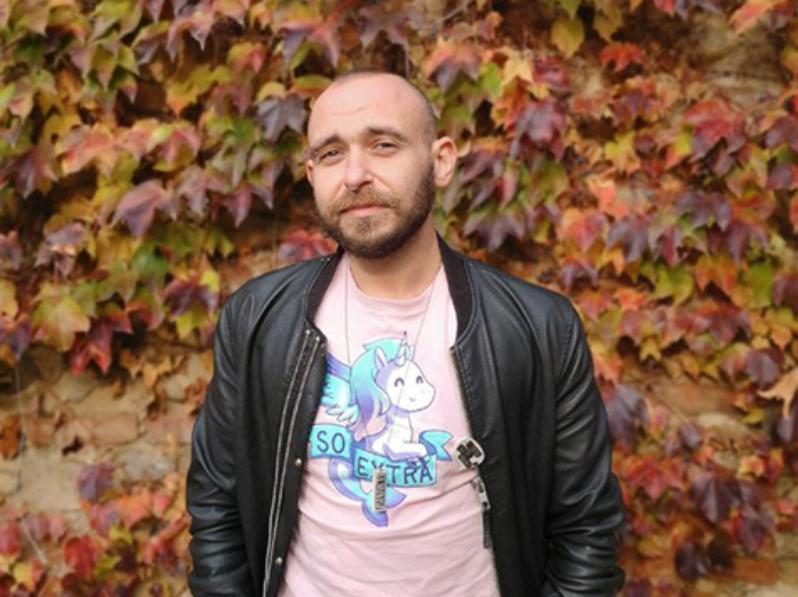
Giuseppe Seminario is the former president of the Cassero Center and activist for the rights of the LGBTI+ community.
We asked him about his own Bologna, one of Italy's most active and stimulating cities with a vibrant community of LGBTQIAP+ associations and people.
| Brochure - LGBTIQA+ Bologna | Download |

